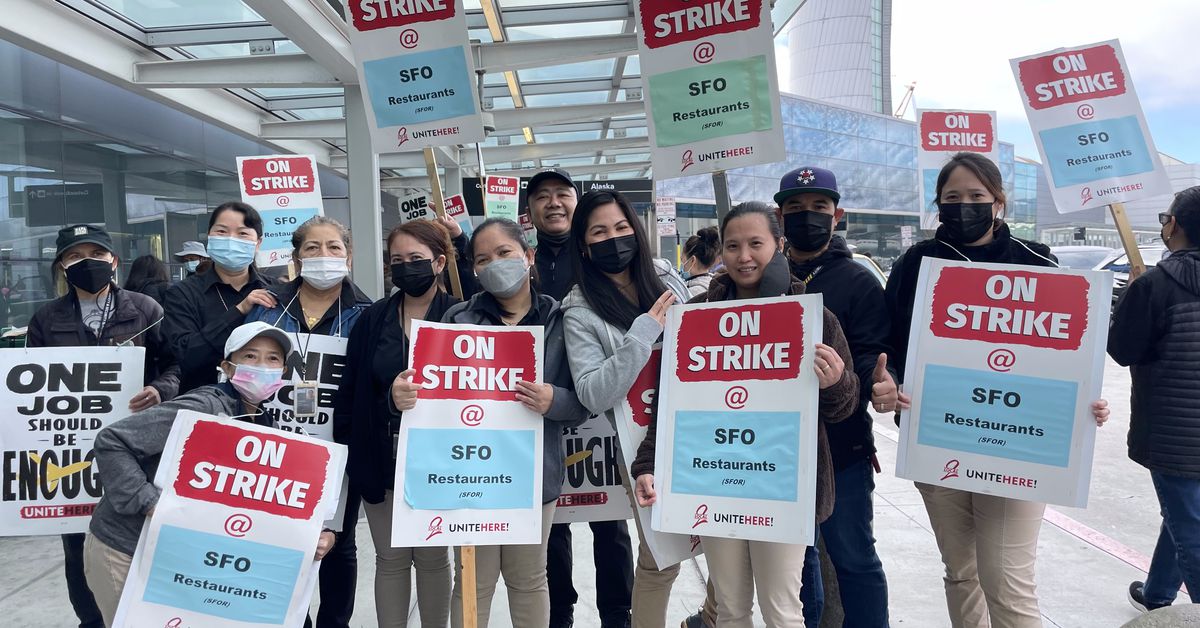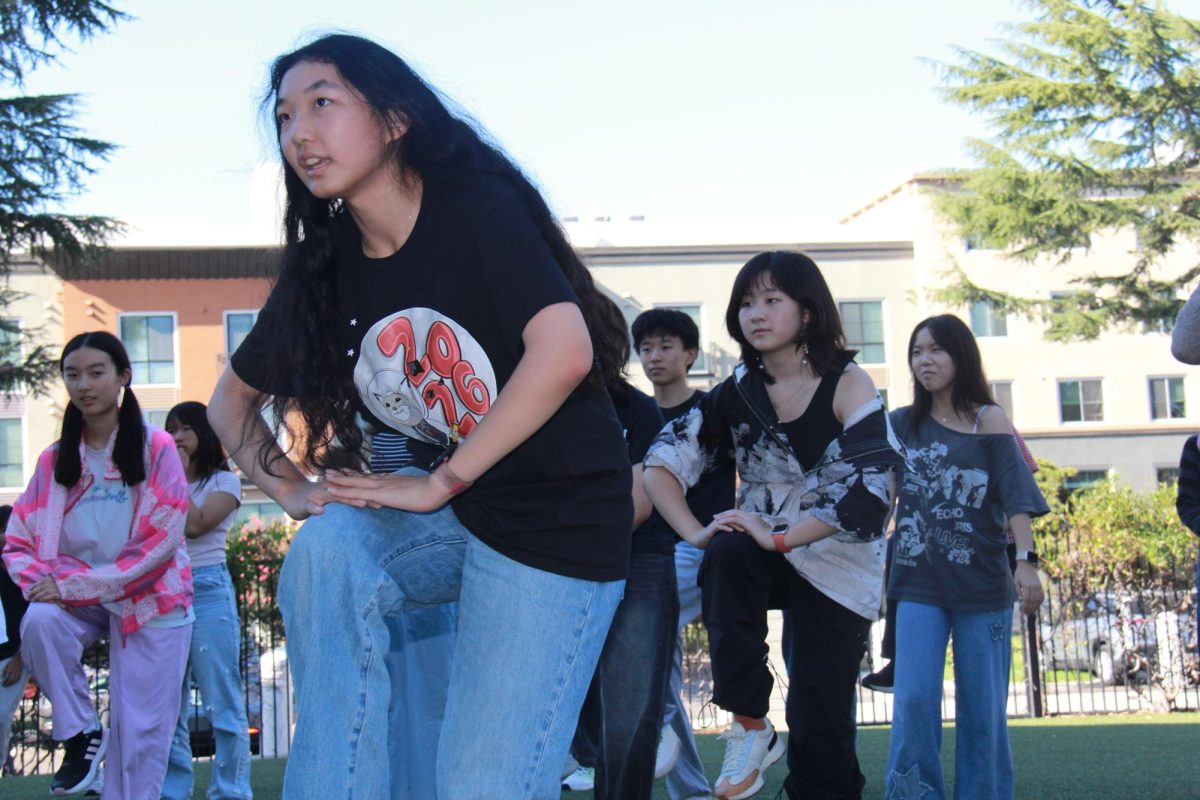“Racial tensions, polarization, and corruption.”
These four words appear to resemble the US political and social landscape perfectly. Riddled with ever-growing issues in the face of the upcoming presidential election, the political topic on most Americans’ minds is just that—domestic affairs. However, these four words are not only representative of US politics. In light of the never-ending US-centered conversation, we decided to take a break from investigating national issues, instead turning our focus to the world at large. To this end, we interviewed Jayden O., a high school student from Malaysia, about the three most pressing problems that define the current state of the Malaysian political landscape: “racial tensions, polarization, and corruption.”
Malaysia is a fairly diverse country, with three main racial/ethnic groups: Malay, Chinese, and Indian, as well as other ethnic minorities. However, racial discrimination is commonplace, not only socially, but legally. “Malaysia is actually one of the few countries in this world that hasn’t signed ICERD (International Convention of Elimination of All Forms of Racial Discrimination),” Jayden explained. This allows Malaysia to uphold the controversial, discriminatory laws that give bumiputera (Malays and minority indigenous groups) more constitutional rights and privileges than the country’s other racial/ethnic groups, especially Chinese and Indians who make up a large portion of the Malaysian population.
The bumiputera laws affect every aspect of life for minority Malaysians, from university admissions to career paths to social treatment. Under Malaysia’s constitution, there are spots reserved for bumiputera in public universities and government jobs regardless of qualifications. “Let’s say there’s a Malay who is a C student and a Chinese who is a straight A student. The public universities here prioritize in [sic] accepting all the Malays that apply to their school first, only then they start accepting people from other races.” As a Chinese Malaysian, these laws create great obstacles in Jayden’s future. “If I’m ever applying to public university here, my chances are definitely lower, which either forces me to go to private higher education here or higher education abroad, although my parents are taxpayers who fund for [sic] these universities.”
These policies have been close to ending before: “In 2018, the newly elected government was actually in discussion to sign ICERD, but there was a protest by the far-right Muslims in our country, and they portrayed the new government in a way in which they would strip of the rights of Malays in Malaysia.” The leader of the United Malays National Organisation, a right-wing nationalist party, declared that signing ICERD would “sideline Islam, Malays, and the Malay rulers.” Around a week later, Malaysia’s prime minister announced that the country would stand by the current constitution and not ratify ICERD.
Malaysia’s government has attempted to capitalize on the racial tensions with the foremost example being (twice) former prime minister Mahathir Mohamad. A self-ascribed “Malay nationalist,” Mahathir has promoted policies to shut down non-Malay ethnically-oriented schools amongst others to directly combat the spread of multiculturalism, a concept he believes only truly benefits non-Malays. Jayden offered a boiled-down summary of his rhetoric: “He [Mahathir] emphasized the fact on how [sic] ‘the Chinese and Indians are taking your money away, which is why the Malays are poor,’ which is not true but many believed him.” The targeted groups largely find themselves at a loss, unable to pursue further action against Mahathir due to both his power, having been involved in politics for over 75 years, and Malaysia’s decline to sign ICERD. One interpretation as to why Mahathir is so vehemently pro-Malay nationalism can be attributed to his age—he was born in 1925. To put this into context, Malaysia achieved independence in 1957, Mahathir sought his first term as prime minister in 1981, was elected once again in 2018, and sought reelection for the infinite time just last year—at the age of 98! There has been much discourse surrounding Biden’s age, yet Mahathir was already 18 by the time Biden was born! He definitely qualifies as a true founding father.
The current administration headed by Prime Minister Anwar Ibrahim has attempted to combat political polarization within the government through the formation of a “unity government.” This specific model aims to be comprised of significant members from all political parties such that it forms a broad coalition devoid of any opposition. Anwar’s attempt almost succeeded; however, the Perikatan Nasional—the second-largest political coalition in Malaysia—declined to join. The Malaysian unity government does consist of members from most other politically significant coalitions though, yet Jayden holds a somewhat critical view of the governing body: “Our unity government is actually really weak, mainly because it’s not a good idea to have centre-left socialists and conservatives from the right all in the same government.” A unity government relies primarily on cooperation and mutual understanding as a key cornerstone; with such radicals on both ends of the spectrum populating this governing institution amidst politically polarizing times, it’s hard to achieve such a mission.
Pro-bumiputera legislation still stands and is only being more strongly pushed by Anwar’s administration, and there’s no sign of Malaysia signing ICERD anytime soon. This all has a very direct impact on Jayden’s future: “As a Chinese, it’s really irritating that the opposition in our government makes all of these crazy claims and they always have a wave of supporters.” Sound familiar? Sure does! It’s definitely not a shocker that the three main factors that plague Malaysia’s government similarly plague ours. There certainly exists some parallels between the Malaysian and US government’s rhetoric.
On the other hand, there are some major differences between Malaysia’s and the US’s economic states; Malaysia is still classified as a developing, newly industrialized country, while the US remains the world’s richest country by a significant margin. “Malaysia was actually one of the most promising developing countries back then, but corruption in the government has destroyed us.” Jayden cited the 1MDB scandal, where former prime minister Najib Razak and his advisor Jho Low embezzled an estimated 4.5 billion USD from a government-owned development firm between 2009 and 2012. Najib and Low spent this money on a multitude of personal endeavors, including but not limited to private jets, fine art, gambling, bribery, the production of The Wolf of Wall Street, and a birthday party where Britney Spears jumped out of a cake. Although the scandal was exposed in 2015, Najib’s continued influence in the government meant that he was only prosecuted in 2018. The widespread corruption did not end there – the Malaysian government estimates that they lost around 64 billion USD in economic output due to corruption between 2018 and 2023.
Corruption has therefore become one of the most important political issues for Malaysians, with the current unity government naming ending corruption as a top priority. However, Jayden remains skeptical of whether these efforts will be successful. “There’s still a lot of corruption that the government itself cannot control. Corruption is basically just tied with our country, which is why Malaysia isn’t as prosperous as most of our neighbors, especially Singapore who started out poorer with us.”
Singapore and Malaysia were once part of the same country, but political disagreements and racial tensions resulted in Malaysia expelling Singapore in 1965. At the time, Singapore was struggling: their GDP per capita was around $320, and over two-thirds of their population lived in slums. However, Singapore quickly became one of the fastest-growing economies in the world, and they are now the country with the highest GDP per capita in Asia and the fifth highest in the world. Jayden and many others attribute this partly to a lack of corruption; some of the economic indicators where Singapore and Malaysia differ the most are the Corruption Perceptions Index and the Government Integrity Index. “Malaysia could be much better in every aspect possible without corruption, just look at Singapore. This definitely could have a positive impact in my alternative life.”
All these overlapping problems may seem unsolvable, but treating them as if they are can only make them worse. “The rhetoric from my environment is essentially “There’s nothing you can change, forget about it and focus on yourself”, but I feel having a mindset like this will just make citizens in democracies like Malaysia even more powerless,” Jayden remarked. It may be difficult to find hope amidst division and corruption, but losing hope entirely means the problem continues.
But this doesn’t mean the human species is doomed to forever be driven apart. As Jayden optimistically notes, “Even if there are two incompetent presidential candidates on the ballot, or congressional politics that will overturn any bill for party beliefs, that doesn’t decide our future, because from what I’ve seen throughout human history, there’ll always be a plot twist.”
Sources
Annuar, Azril. “Malaysians’ bumiputera-first policy debate takes on heady mix of health, education and politics.” The Straits Times, 16 June 2024, https://www.straitstimes.com/asia/se-asia/malaysians-bumiputera-first-policy-debate-takes-on-heady-mix-of-health-education-and-politics
“Convert Malaysian Ringgits to US Dollars.” Xe, 17 October 2024, https://www.xe.com/currencyconverter/convert/
Drabble, John H. “Economic History of Malaysia.” Economic History Association, 2004, https://eh.net/encyclopedia/economic-history-of-malaysia/.
Ellis-Petersen, Hannah. “1MDB scandal explained: a tale of Malaysia’s missing billions.” The Guardian, 28 July 2020, https://www.theguardian.com/world/2018/oct/25/1mdb-scandal-explained-a-tale-of-malaysias-missing-billions
“IMF DataMapper / Datasets / World Economic Outlook (April 2024) / GDP per capita, current prices / List (2024)–Analytical group: European Union, World”. International Monetary Fund, 16 April 2024, https://www.imf.org/external/datamapper/NGDPDPC@WEO/OEMDC/ADVEC/WEOWORLD?year=2024.
Jacob, Charmaine. “‘Full force’: Malaysia PM says crusade against corruption is not over as country courts investment.” CNBC, 30 September 2024, https://www.cnbc.com/2024/09/30/anwar-ibrahim-malaysia-pm-vows-crusade-against-corruption.html
Leinbach, Thomas R. and Lockard, Craig A. “People of Malaysia.” Britannica, 19 September 2024, https://www.britannica.com/place/Malaysia/People
“Malaysia vs Singapore: Economic Indicators Comparison.” Georank, 2022, https://georank.org/economy/malaysia/singapore
Nadaraj, Vanitha. “At 98, Malaysia’s Mahathir remains controversy’s favorite child.” Union of Catholic Asian News, 19 January 2024, https://www.ucanews.com/news/at-98-malaysias-mahathir-remains-controversys-favorite-child/103869
“PAS and Umno to hold anti-Icerd rally in KL on Dec 8.” Malaysiakini, 17 November 2018, https://www.malaysiakini.com/news/452368
Strangio, Sebastian. “In Forming Malaysia’s New Cabinet, Anwar Strikes a Careful Balance.” The Diplomat, 5 December 2022, https://thediplomat.com/2022/12/in-forming-malaysias-new-cabinet-anwar-strikes-a-careful-balance/
Zainul, Emir. “Govt aims to have Bumiputera holding 70% of high-skilled jobs, 30% equity ownership by 2035.” The Edge Malaysia, 19 August 2024, https://theedgemalaysia.com/node/723348
Zhou, Ping. “The History of Singapore’s Economic Development.” ThoughtCo, 10 July 2019, https://www.thoughtco.com/singapores-economic-development-1434565
















![Teacher [Milk] Tea: Part 2](https://bisvquill.com/wp-content/uploads/2024/03/Screen-Shot-2024-03-19-at-9.28.48-PM.png)


































